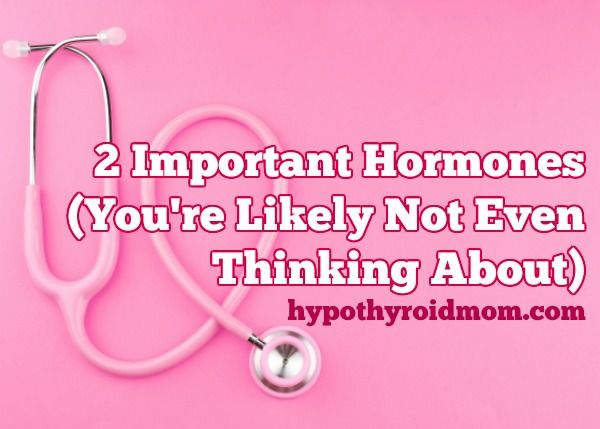
I’ve learned so much about women’s health from this gynecologist/obstetrician. I’ve been picking her brain for information as I navigate the journey (and boy is it a rocky journey for those of us with thyroid disease) of perimenopause and menopause.
Written by Anna Cabeca, DO, FACOG
Today I’ll be talking about the 2 most important hormones in your body that you are likely not even thinking about. And no, one of them isn’t estrogen, or even your thyroid hormone!
Hmmmm….I wonder what these two oh-so-impactful hormones are? And let me just say that they have to be in balance for all of your other hormones to be at peace.
The natural evolution of our hormones as we age, as well as the impact on our hormones that we experience each and every day (due to our diet, stress, lack of quality sleep, toxins, etc.), can easily lead us to a state of hormone imbalance.
As a board-certified and Emory University trained obstetrician and gynecologist I have been practicing in hormone management in women’s health for over 20 years. And I can tell you that while I do focus on sexual hormone management and bio-identical hormone replacement (addressing testosterone, progesterone, estrogen, DHEA, and their inter-relationship with our thyroid health, etc.), I have found that prior to balancing all of those hormones (I refer to them as “minor” hormones) a woman needs to address two more “major” hormones, which are cortisol and insulin.
With every hypothyroid woman, I initially get these two major hormones addressed prior to dealing with the typical hormones we often think are the primary problem (like our thyroid and sexual hormones!). I believe, and the research supports this, that until you get these two major hormones in balance, through diet and lifestyle changes, the minor hormones will continue to cause symptoms and other health problems.
So let’s talk about balancing cortisol and insulin!
Getting cortisol under control & supporting your adrenals
Cortisol is our stress hormone, and “stress” isn’t just about mental stresses, but is about the physical stresses you put on your body when you eat an acid heavy diet (the traditional Western diet), don’t get a good night’s sleep, don’t drink enough water, suffer from gut issues due to food sensitivities, etc. There are many elements to what may be causing your body to be in a state of chronic stress and resultant adrenal fatigue.
Cortisol is secreted by our adrenal glands. A certain amount of cortisol is healthy, anti-inflammatory, and even required for our bodies to function optimally. It’s what helps our body wake up and get going in the morning when light hits our retinas.
In the case of a short-term stressor, cortisol heightens mental focus, provides a jolt of energy and refocuses the body’s energy resources towards addressing the issue. So, the old analogy of being chased by a tiger…cortisol would shut down your libido – who needs a libido when you are about to be eaten by a tiger! Cortisol would pump blood flow to your arms and legs (to fight or run from the tiger), etc.
But too many women suffer from cortisol overload. Their bodies are preparing for the tiger – solely and constantly in a hypervigilant state – but there isn’t a pouncing tiger anywhere to be found!
And here’s what happens to our adrenals and our health over time:
1) Initial stage of adrenal fatigue: The body actually begins to metabolize proteins from the muscles which causes fatigue, muscle pain and weakness. We start to see weight gain around the belly and lots of cravings!
2) Second stage of adrenal fatigue: We see worsening menopause symptoms because the adrenals are now impacting the balance of other “minor” hormones such as estrogen, pregnenolone and progesterone in favor of creating more cortisol. We may see thyroid hormone fluctuations as well, in particular a slowing of thyroid hormone production is associated with increased cortisol levels.
We will likely see decreased immunity, increased food cravings, more aches and pains, isolating behaviors along with moodiness, hair loss, sleep issues, inflammation (a lot of joint pain), gut issues, and lack of libido with sexual dysfunction. We’ll experience issues with our blood sugar as our bodies are kept in this state of dealing with the non-existent tiger.
3) Adrenal exhaustion finally occurs: Eventually, the adrenals are no longer able to pump the needed level of cortisol and our brain tells them to stop producing cortisol altogether so that our brain doesn’t literally fry. At this time our bodies become quite acidic. This is when our bodies will experience increased inflammation and oxidative damage. Our immune system and overall health will be compromised. We won’t be happy or feel good, and neither will those loved ones around us!
Estrogen dominance can occur.
All this cortisol demand can also trigger estrogen dominance, which is a problem for many women having thyroid issues, as well as for those having blood sugar issues. When you have low thyroid function you have decreased sex-hormone binding globulin, so estrogen levels can get too high (impacting the ratio of progesterone to estrogen, which can result in estrogen dominance).
Additionally, when our adrenals start to fatigue (stage 2) they need to somehow produce more cortisol, so they basically start to steal it. Referred to as “progesterone steal”, the adrenals take progesterone to make more cortisol. This further impacts the progesterone to estrogen ratio. Estrogen dominance can turn into weight gain, bloating, skin problems, other hormone imbalances and issues for our libido and lady parts.
So what can we do about balancing our cortisol to more healthy levels?
In all of my women’s restorative health programs, the very first thing we do is to focus on an alkaline diet to help get us out of this acidic state and to reduce cortisol demands.
Research has shown that an acid heavy diet (like many of us may be eating) elevates cortisol. Getting alkaline not only helps get cortisol back at healthy levels but it resets our daily circadian rhythm (which helps us get a better night’s sleep and have an improved mood), may help reduce bone loss, improve muscle mass, and so much more. It also allows our body to focus on regulating our other minor hormones, including our thyroid hormone, in a more productive fashion.
An alkaline diet is the initial step at the core of my work with thyroid patients.
In general, vegetables and some fruits are the most alkaline (due to their mineral content), and processed foods, meat, dairy, poultry and most vices (caffeine, alcohol, sugar) are acidic. We try to follow an 80/20 rule, with a diet that is 80% alkaline. The 20% consists of healthy, clean protein and healthy fats. Grains are a little on the acidic side, and I do advise women to try going gluten-free as most will find it helps them feel better due to food sensitivities (an issue for many people having thyroid issues in particular) they may not have even been aware of.
Another important way to balance the cortisol and support your adrenals is by using natural adrenal adaptogens like maca.
Research has shown that maca has adaptogenic properties which means it can help nourish and balance your adrenals and other hormones and help your body deal with chronic stressors! Quality (organic, non-GMO and Peruvian, please!) maca can also help address many menopausal symptoms (many of my clients use it as a natural alternative to estrogen hormone replacement therapy).
Achieving a more alkaline state isn’t that difficult, and many women have found…it makes them feel great, become more positive, have less joint pain, sleep better and lose the pounds.
But an alkaline diet is only part of it.
Lifestyle is also key to getting away from an acidic state. Women need to live an “alkaline” lifestyle. Stress management, reducing toxins in the environment (and personal care/skincare products), improving sleep, getting the gut healthy (removing food sensitivities), and more.
Once we get alkaline, and start to control our acidic ways and cortisol overload, we next focus on the second of the major hormones, the very important hormone insulin.
Improving insulin sensitivity – fat burning versus fat storing
Becoming insulin sensitive is related to so many things that improve overall health and lower your risks for diabetes, cardiovascular disease, frailty and osteoporosis, and possibly even Alzheimer’s and dementia.
An alkaline diet is a great foundation to achieve insulin sensitivity, but we need to gain better control of insulin…and we want to start burning fat versus storing it, right?
When you eat carbs your body’s blood glucose increases and spikes your blood sugar. Your body releases more insulin as a reaction to elevated blood glucose levels. Insulin is produced to get the glucose from your body and into the cells. There it gets converted to energy. Your body burns the glucose to make its energy and then insulin tells the cells to store their energy as carbs or fat.
So what is happening in the typical Western diet high in processed foods, sugars and carbs is:
Eating lots of unhealthy carbs = high blood glucose (spikes blood sugar) = high insulin = stored fat… and low fat burning and low metabolism, resulting in belly fat and cellulite.
Your body’s fuel source is glucose, not fat. And your body starts to lose its sensitivity to insulin altogether.
This can lead to a health condition called insulin resistance, where the cells start to resist the insulin. When this happens, your blood sugar just continues to rise and you can become diabetic or suffer from the other health issues mentioned earlier.
I can’t tell you how many women come to me with insulin issues. Insulin resistance affects about 65-70 percent of women with PCOS. And insulin resistance is a comorbidity of menopause, with increased prevalence of insulin resistance seen in postmenopausal women.
In postmenopausal women, an increase in insulin resistance is associated with an increased risk of diabetes, breast cancer and cardiovascular diseases.
The good news is that if you don’t eat the unhealthy carbs and make a few other dietary changes, you eliminate the production of glucose – and the production of insulin – so your body looks around for something other than glucose to burn for energy…and what does it burn? Stored fat! And your body starts to regain insulin sensitivity as well.
So this leads me to the second part which is folding in the ketogenic principle – and significant benefits – of achieving a metabolic state called ketosis.
When your body doesn’t have the carbs it goes into ketosis. When your body is in ketosis it is burning fat and getting its energy from something called ketone bodies in your blood. And ketones can be easily measured with the same pH strip we use to measure alkalinity!
Studies have shown that within about 3-4 days without carbohydrate consumption the body starts tapping its fat storage. At the same time there may be an appetite-suppressant action going on. Ketogenic types of diets, which my diet is partially based on (remember, I add the major piece of alkalinity though!) help increase the ratio of leptin (our hormone of satiety, so we feel full) to ghrelin (our hunger hormone).
Research supports the benefits of ketosis (but you need the alkaline piece!)
Research has shown that a ketosis state not only supports weight loss, but that is also reduces overall inflammation and blood sugar issues (insulin resistance, diabetes), may help fight cancer and may even be effective at treating diseases such as Parkinson’s and Alzheimer’s disease.
Acidosis is a real concern with traditional ketogenic diets. It can also cause miserable symptoms, especially for women, including significant nausea (this is sometimes referred to a keto flu). Traditional keto diets also don’t gain the health benefits of living an alkaline lifestyle…very significant, just ask any of the people who have tried it! Learn more about how to never skip the all important alkaline piece.
Again, you need to start your journey to feeling better (and for a healthier you) by focusing on these two major hormones, cortisol and insulin!
About Anna Cabeca, DO, FACOG
Dr. Anna Cabeca is an Emory University trained gynecologist and obstetrician, a menopause and sexual health expert, international speaker and educator.

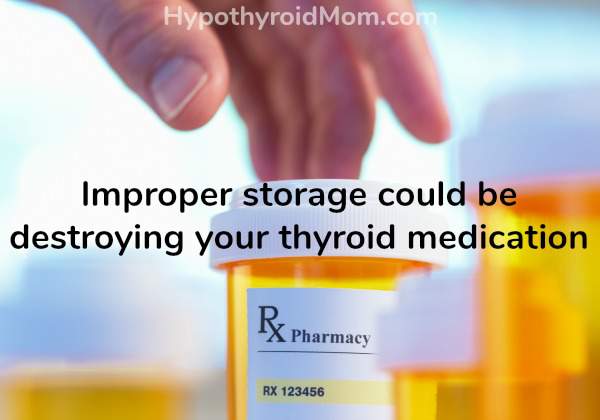
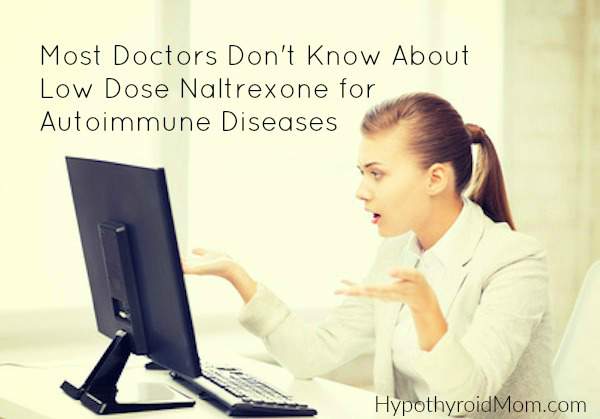
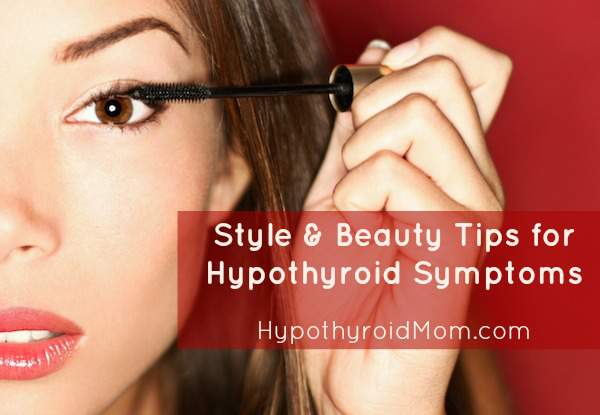
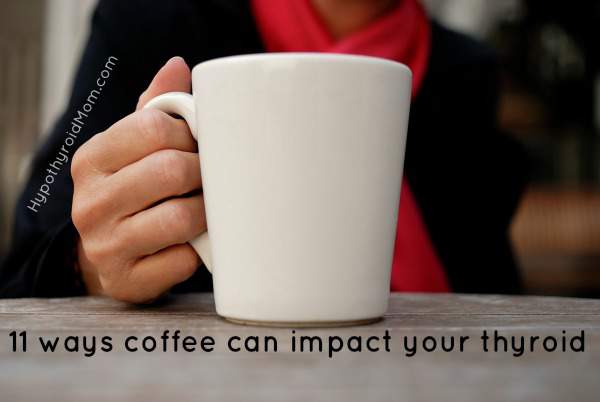

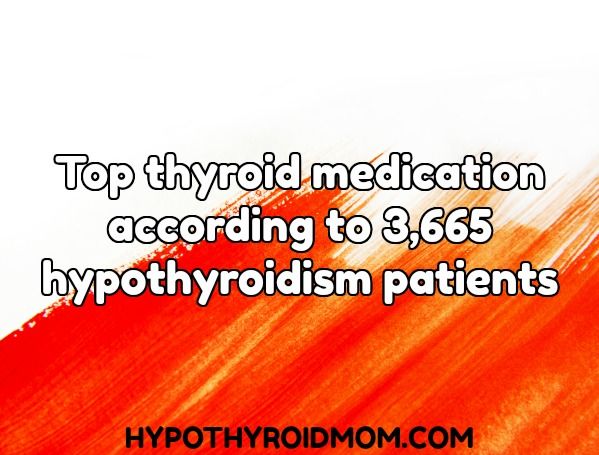
I am trying to find a naturopath or functional doctor in Philadelphia.
My wife has a problem, I really love my wife and want to save our marriage, the is my wife has a non existence sex drive, I really can’t take it no more, please please I would be grateful if you could help me, I am cry out for help, I really do not want to stray, I just need help, I would be grateful if you could do anything to me.
Hi Adrian, This is Dana Trentini, the founder of Hypothyroid Mom. I’m sorry to hear you and your wife are struggling. Please know that many hypothyroid people struggle with low sex drive. It is a hormonal problem that comes with many potential symptoms and low libido is one of them. I hope that by hearing that this condition isn’t about you but a health problem that it may be helpful to you. Here is more information:
https://hypothyroidmom.com/9-ways-to-revive-your-libido-with-hypothyroidism/